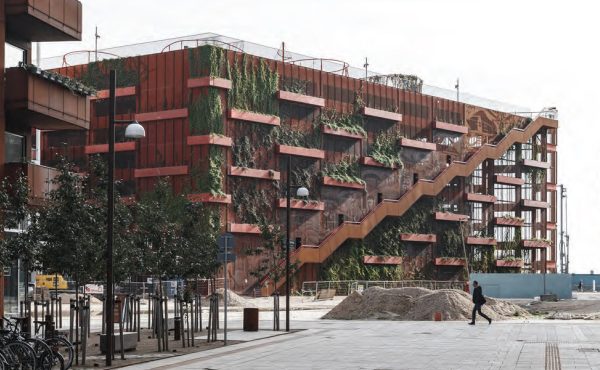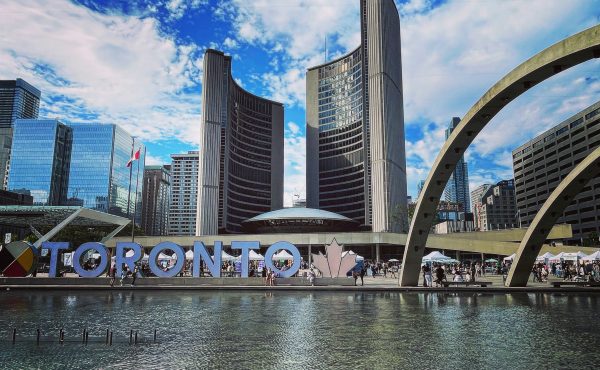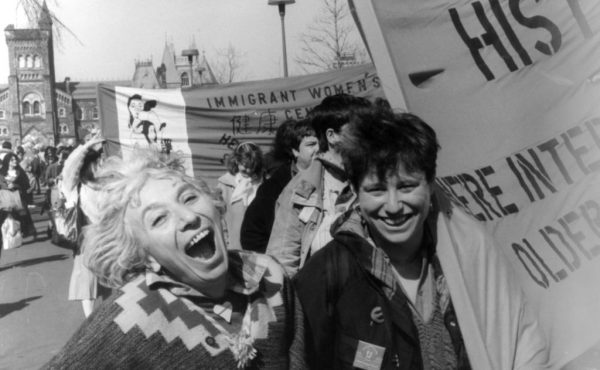
Cross-posted from Eye Weekly.
Today’s top story: the city has a plan to raise user fees for recreation programs. The intent of the plan is to invest the extra funds that would roll in (around $25 million) back into recreation to improve programs and boost participation, particularly among low-income families. As it stands now, 30 per cent of recreation costs are funded by user fees. If this plan, which the city has called “Everybody gets to play,†gets council approval, user fees would cover 50 per cent of recreation costs by 2014.
Championed by Community Development and Recreation Committee Chair Joe Mihevc, the plan would maintain existing free leisure and drop-in programs that are offered across the city, such as leisure swimming, skating and summer playground programs. New funds would also allow the city to offer free, targeted, instructional programs for children: swimming lessons for grade 4s, skating lessons for grade 5s and youth leadership training for those in grade 8 and 9. The idea is to get kids hooked on recreation so that they stay active and involved for years to come.
Aside from general complaints over increased fees (a $24, eight-week, beginner skating lesson, for example, could rise to $45 by 2014), where the plan gets a bit controversial is in how it handles the problem of ensuring low-income families can afford the programs offered. Now, low-income families who pass a federally calculated income test can participate in city-provided recreation programs for free under Toronto’s “Welcome Policy.†In addition, 21 “priority centres” in low-income neighbourhoods offer programs free of charge (no test required). Under the city’s new plan, these centres would eventually adopt a user-pay system inline with centres city-wide. The extra money would be funneled into the Welcome Policy program to ensure everyone can afford to participate. As the Globe and Mail reports, Councillor Gord Perks worries that forcing families to take an income test would stop some people from participating at all.
“Do we want to create barriers to access even if they are as simple as income testing, or do we want to move toward a universally free access system?” he asks.
According to the Toronto Star, Councillor Karen Stintz supports the plan, but not the free instructional programs, which she argues are already provided by non-profit groups. She’d also like to see the increase in user fees happen faster than the city has proposed.
No doubt, this plan will be modified somewhat as it is debated at the community development and recreation committee and then city council. The city is also looking for public input. So far, two public meetings have been scheduled:
–Wednesday, Jan. 16, 2008 from, 7-9pm. Elmbank Community Centre (10 Rampart), Wellesley Community Centre (495 Sherbourne)
–Thursday, Jan, 17, 2008, 7-9pm. North York Civic Centre Council Chambers (5100 Yonge), ?Scarborough Civic Centre Committee Rooms 1 and 2 (150 Borough)
If you’re free during the day, a presentation of the report will be made to the community development and recreation committee Jan. 14. You can also download a PDF of the report here.
Photo by Steve Russell from the Toronto Star.



